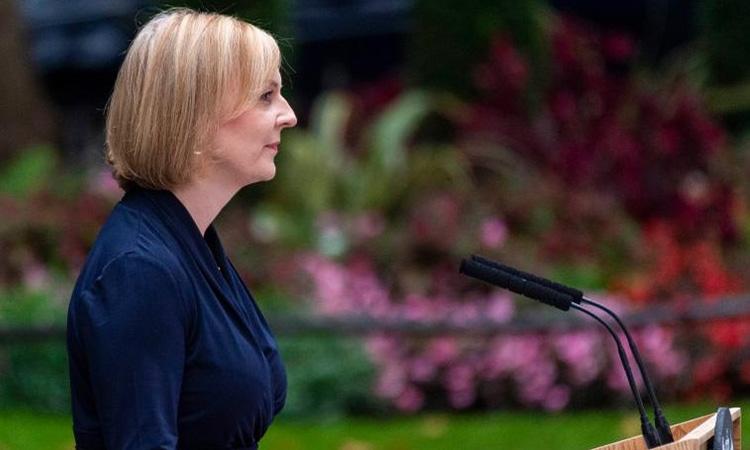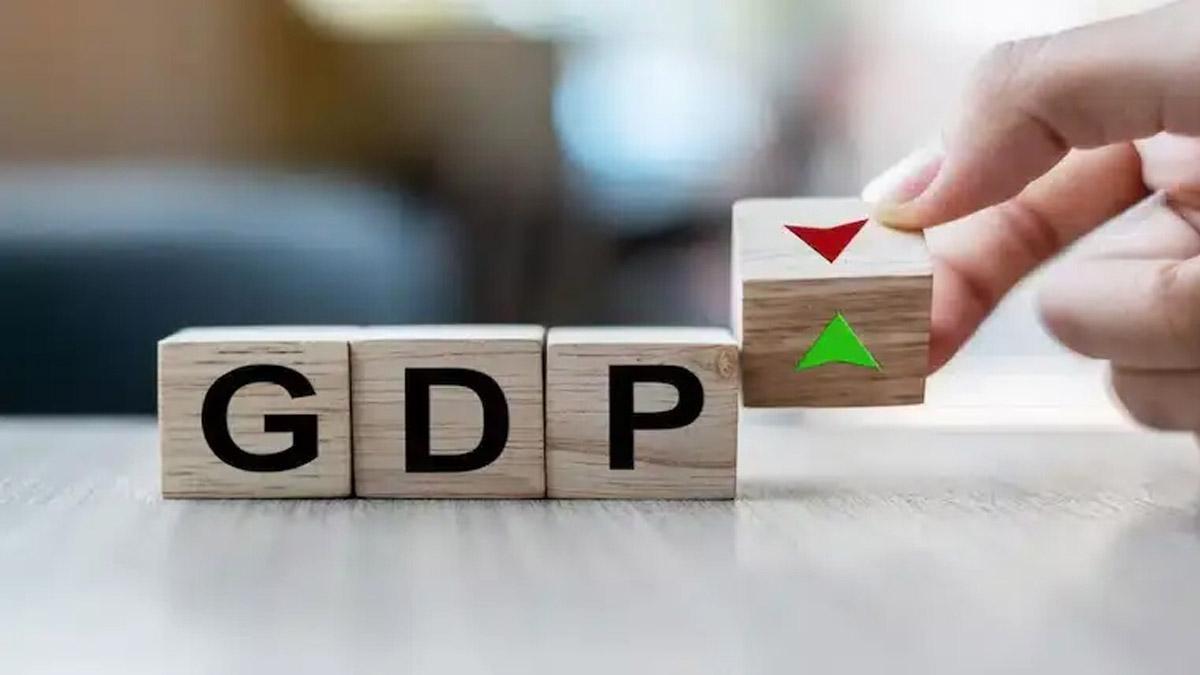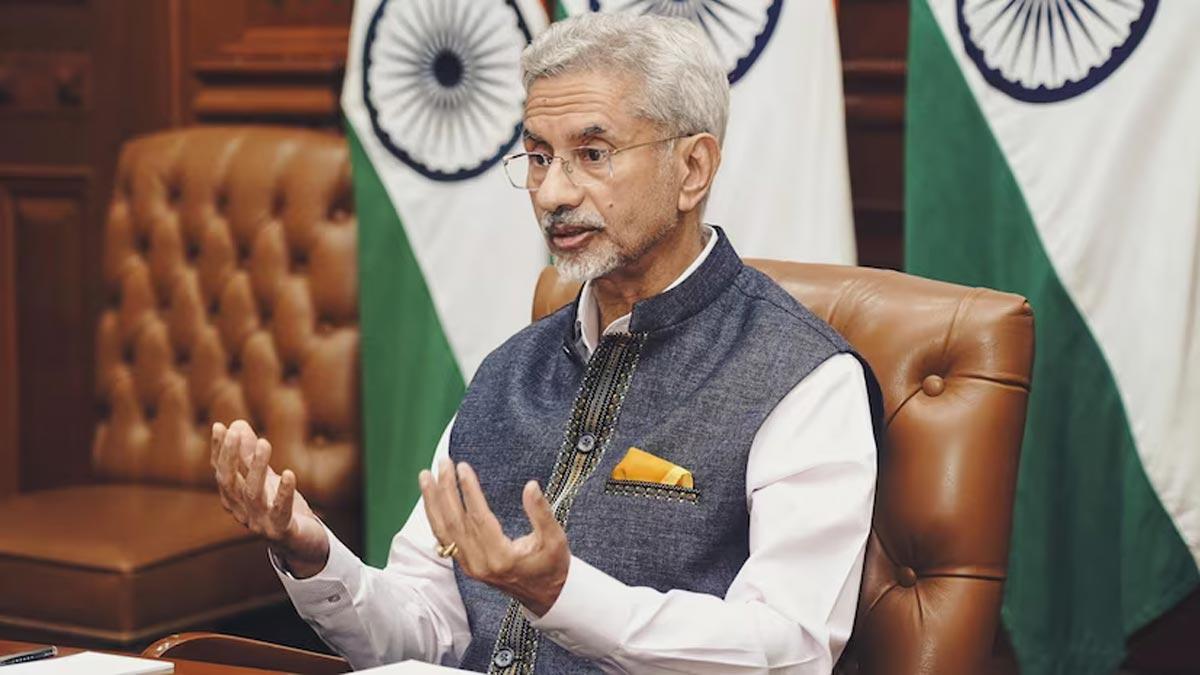The International Monetary Fund (IMF) has openly questioned the UK's new fiscal plans and called for more targeted support measures.
An IMF spokesperson called the fiscal measures, including the large-scale tax cuts, "untargeted" and said they will "likely increase inequality" given "elevated inflation pressures" in the UK, reports Xinhua news agency.
The IMF said that "it is important that fiscal policy does not work at cross purposes to monetary policy" and called on the UK government to "re-evaluate the tax measures, especially those that benefit high income earners", on November 23, when Chancellor Kwasi Kwarteng is expected to make his next budget announcement.
The UK consumer price index rose by 9.9 per cent in the 12 months to August, as food and non-alcoholic beverage prices rose by 13.1 per cent.
To tackle high inflation, the Bank of England (BoE) has increased interest rates to 2.25 per cent, the highest since 2008.
Also read | Bank of England 'will not hesitate' to raise rates as pound falls
In response, a UK Treasury spokesperson said Kwarteng will "publish his medium-term fiscal plan on November 23, which will set out further details on the government's fiscal rules."
The rebukes were part of drastic market reactions to the government's new measures.
The plans, announced on September 23 by Kwarteng, include cancelling the planned increase in corporation tax to 25 per cent and keeping it at 19 per cent, and reversing this April's 1.25 percentage point rise in National Insurance contributions.
He also announced a one percent cut to the basic rate of income tax to 19 per cent in April 2023, one year earlier than planned.
The 45 per cent additional rate of income tax on earnings above 150,000 British pounds ($163,000) will also be scrapped.
Kwarteng set a target of 2.5 per cent economic growth alongside these plans.
According to the Chancellor, the tax cuts and reforms, the biggest package in generations, "send a clear signal that growth is our priority".
The 45-billion-pound tax cut is the biggest since 1972.
Earlier this month, the UK government also announced a series of measures to support households and businesses with their surging energy bills amid a worsening cost-of-living crisis.
However, since the announcement of the new measures, the sterling has fallen and the cost of government borrowing has soared.
On Monday, the pound tumbled to trade as low as $1.035, taking it closer to parity. The pound remained under pressure on Wednesday, trading against the dollar at $1.07.
We had to take decisive action: UK PM Lizz Truss
UK Prime Minister Liz Truss has defended last week's mini-budget, saying it was a necessary "decisive action" that had to be taken.
In her first comments on the market turmoil since the September 23 announcements made by Chancellor Kwasi Kwarteng, Truss on Thursday defended her plans to cut taxes and increase borrowing, saying "we had to take decisive action", reports the BBC.
The Prime Minister also said the government was working to protect people from high energy costs and was prepared to take "controversial and difficult decisions" to get the economy moving.
Growth won't "come through overnight", she said, adding that the mini-budget puts the UK on a "better trajectory for the long-term".
Truss denied that the tax cuts were solely benefiting the wealthy, saying that "simply isn't true" and insisted that she was pursuing the "right plan".
Responding to concerns over pension funds following the announcements, Truss said the Bank of England (BoE) does a "very good job" of looking after pensions.
The Prime Minister said her energy package will help reduce overall inflation, which will subsequently reduce food prices as well.
Discussing fracking, Truss said her government would only press ahead in areas "where there is local community support", the BBC reported.
The announcements made by Kwarteng, include cancelling the planned increase in corporation tax to 25 per cent and keeping it at 19 per cent, and reversing this April's 1.25 percentage point rise in National Insurance contributions.
He also announced a 1 per cent cut to the basic rate of income tax to 19 per cent in April 2023, one year earlier than planned.
The 45 per cent additional rate of income tax on earnings above 150,000 British pounds ($163,000) will also be scrapped.
Kwarteng set a target of 2.5 per cent economic growth alongside these plans.
Also read | Markets warn pound slump could lead UK interest rates to triple by next year
According to the Chancellor, the tax cuts and reforms, the biggest package in generations, "send a clear signal that growth is our priority".
The 45-billion-pound tax cut is the biggest since 1972.
Following the announcement, the pound fell more than 3 per cent to a 37-year low against the dollar as investors worried that large-scale tax cuts would ramp up public borrowing, bring much fiscal uncertainty and push up already high inflation.


















